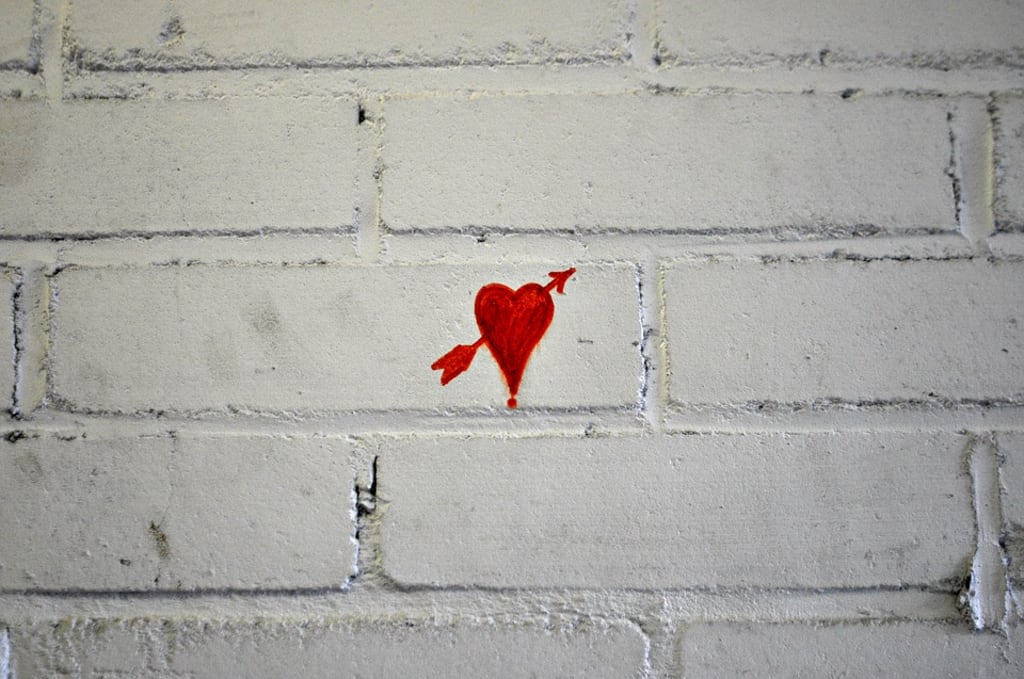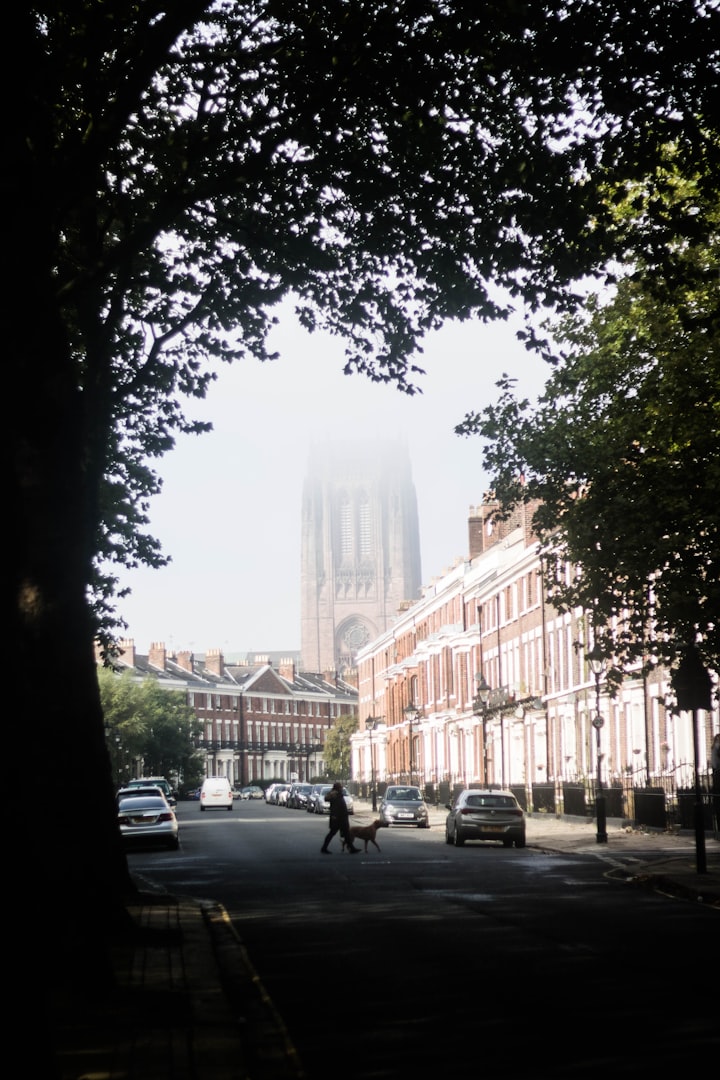
I grew up with a heart condition. From the ages 12 to 17 I spent my time in waiting rooms, emergency rooms, and laying on my bed unable to speak because of the amount of pain I was in. I was the kid in your grade who you never saw, who was constantly missing class because of doctor’s appointments or because I simply didn’t feel well. I was the teenager who was depressed, who didn’t eat, who had anxiety attacks on top of the heart palpitations. Heart palpitations can be a side effect of panic attacks, making my cardiologist skeptical that there was something physically wrong with my heart, and that what I was experiencing wasn’t just puberty, and therefore something I would grow out of. I knew it wasn’t something that would simply go away, but due to lack of proof, I had heart palpitations that made my heart beat over 200 beats a minute for 5 years. But I was very lucky.
Apart from my parents who didn’t understand what I was going through, not that any parent of any teenager ever does, I had friends. My two best friends consisted of someone with type one diabetes, and someone with Crohn's disease. I was surrounded by people who understood me. If I had to cancel plans last minute, if I had to go home from school again and was feeling guilty about it, if I was frustrated at my cardiologist, they understood. If my parents were upset with me about something I couldn’t control- though I understand they were dealing with the same things. Ask anyone with a long-term medical condition or a chronic illness. Chances are they have at least one other friend who has a medical condition. It’s comforting to know and be told that you are not alone. That your fears and concerns for your health are common worries. Everyone craves community and everyone wants to be understood.
But then, after 5 years of waiting, it all boiled down to 4 hours in the children’s hospital- I was done. My cardiologist had finally gotten the piece of medical evidence- an ECG (heart scan) that showed my heart beating at 235 beats a minute, and beating irregularly. It was now as clear to him as it had been to me for the past 5 years that this wasn’t something I would grow out of. After one month on blood thinners to ensure I wouldn’t have a blood clot, I was free. No more medication, no more cardiologist visits, no more palpitations. I could walk up a flight of stairs without feeling my heart skip a beat. I could go to the gym. I could drink coffee, pop, tea and run around outside until I fell over from exhaustion, from being out of shape instead of because I was in crippling pain. At 17, I could finally live without fear. I was terrified.
For 5 years, I lived by a series of rules. Don’t push yourself too hard, don’t do too many things in one day, you’ll exhaust yourself. Don’t make long-term plans. If you do make long-term plans, don’t get too disappointed if you end up being too sick to go. Don’t go any place you wouldn’t feel safe in if you got a heart palpitation. Don’t run, don’t walk fast. Give yourself 20 extra minutes to get places because you can’t run for the bus. Don’t wear layers, they’ll get in the way of your portable heart monitor. For 5 years I woke up every day and prayed that I wouldn’t have a heart palpitation. My mantra was, “you are lucky that it’s not worse, you are lucky to be here, today will be a good day.” Often it wasn’t a good day. The good days were often followed by bad days where I’d be in bed in pain, depressed and alone. But I always had the option of texting a friend, knowing that they’d relate. Knowing that they would each probably spend at least one day this week in their bed. Knowing that I had a support system, made up of people my age who understood what I was going through helped me realize that I wasn’t alone.
I spent so much time wanting to get better and wanting to have normality in my life that I failed to realize that having a heart condition was my normal. The worst part of healing was all of the healthy people I knew asking me what I was going to do “now that you’re fixed.” I had zero clue what I was going to do. My procedure was June 1st. School was over for the year, seemingly right away. I had a summer job and was enrolled in summer school but apart from that, I had no plan. I didn’t have my license like most 17-year-olds because my parents didn’t want me driving with a heart condition. I had no fitness routine. I was out of shape, I had no stability because my condition wasn’t stable.
The first time I ran up a flight of stairs after my heart procedure, I burst into tears. My parents were concerned, thinking there was something wrong with my heart again. Once I calmed down enough to explain why I cried, they told me to grow up. Friends at school wrote, “you’re normal now, you don’t have an excuse to not run for the bus anymore” in my yearbook. I became angry and confused with my body. Along with the anger came the guilt. My two best friends will never find cures for their illnesses, and so I felt as if I couldn’t confide in them anymore. I was, by everyone else’s definition, healthy. But I still felt like I had a heart condition.
This month marks 10 years since I started experiencing heart palpitations, and 5 years since the problem was resolved. I still don’t have a driver’s license, I still have a slight fear of cardio, but I also have a regular exercise routine, and the same two best friends.
About the Creator
Lovin
Writer for fun and money.
I have a deep love for stories. Especially stories around health, wellness, and humour.
They/She






Comments
There are no comments for this story
Be the first to respond and start the conversation.